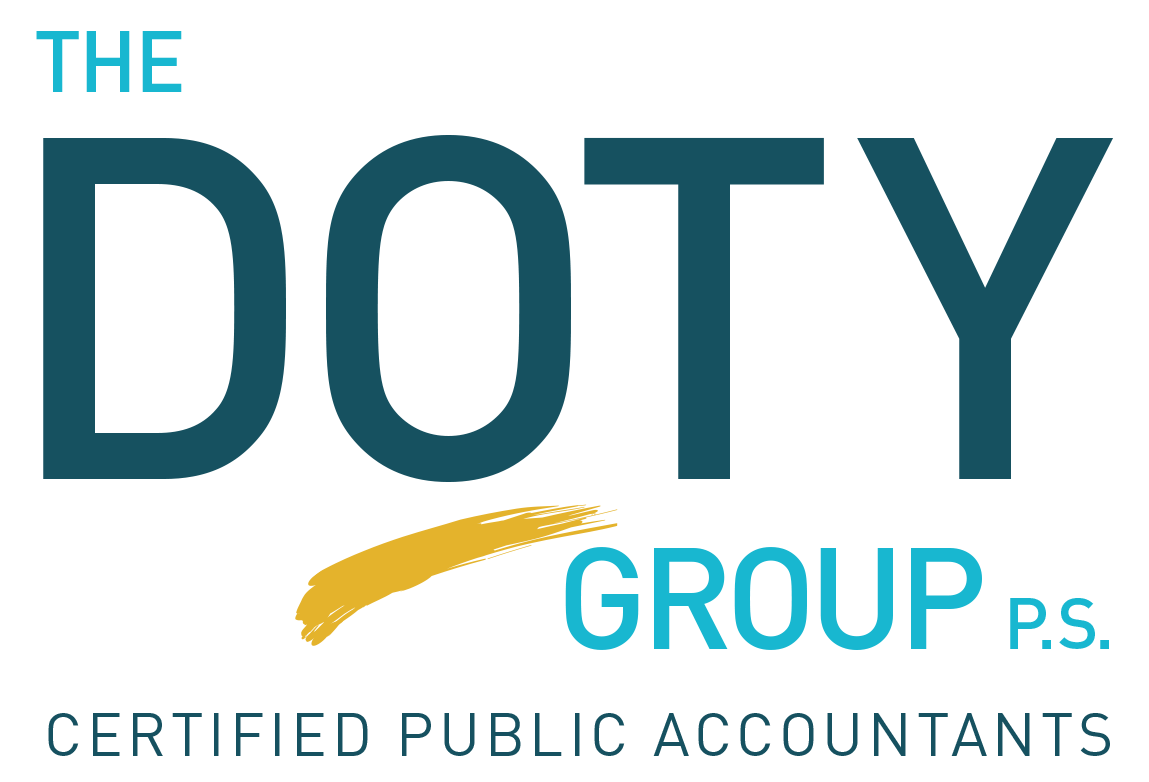Understanding the New Business Interest Expense Limitation
The Tax Cuts and Jobs Act (TCJA), which was signed into law last year, included a major change to the deductibility of business interest expense. Prior to passage of the act, business interest was, generally speaking, 100% deductible except in certain limited situations. The new rules apply to all businesses regardless of form, though there are notable exceptions for small businesses and certain industries.
Effective for tax years beginning in 2018, interest expense incurred by a business is limited to 30 percent of adjusted taxable income. This limitation is applied to all business interest expense, even from loans in place prior to 2018. Adjusted taxable income for purposes of the limitation is taxable income excluding the following items:
Business interest income or expense
Net Operating Loss deductions
Depreciation and amortization
Capital gains or losses from investments
The new 20% deduction for qualified business income
It is interesting to note that the exception for depreciation and amortization is phased out Jan. 1, 2022. This may have a substantial impact on businesses which are capital-intensive in the future.
An example of a calculation resulting in a full deduction
For 2018, ABC Inc. (a C Corporation) has $100,000 of adjusted taxable income, $2,000 of business interest income, and $12,000 of business interest expense. It has no floor plan financing interest. ABC can deduct all $12,000 of its business interest expense because that's less than the sum of its $2,000 of business interest income plus 30% of its adjusted taxable income (30% × $100,000 = $30,000).
An example of a calculation resulting in a limited deduction
In 2019, ABC Inc. has only $10,000 of adjusted taxable income and again has $2,000 of business interest income and $12,000 of business interest expense. Here, ABC’s deduction for business interest is limited to $5,000—its $2,000 of business interest income plus 30% of its adjusted taxable income (30% × $10,000 = $3,000). The $7,000 of disallowed interest can be carried forward indefinitely.
Because the business interest limitation ties the amount of deductible business interest to adjusted taxable income, it can hurt a business that has experienced an unprofitable year. The reduction of taxable business income in the off year will reduce the amount of interest that is allowed to be deducted currently.
Exceptions to the Limitation
Small Businesses: The TCJA exempts from the interest limitation businesses whose average annual gross receipts the previous three year period do not exceed an average of $25 million. Businesses with common ownership may be required to combine gross receipts for purposes of the limitation.
Real Estate Businesses: Taxpayers engaged in the real estate industry, including development, construction, rentals, property management, and other related activities may elect to be exempt from this interest deduction limitation. This election is irrevocable and requires the taxpayer to apply the alternative depreciation system (ADS) for the depreciation of all property with a recovery period of ten years or more. In general, ADS requires a longer depreciable life than the accelerated tax depreciation methods, and certain assets would not qualify for the new 100 percent bonus depreciation. The benefits of the election will need to be weighed against the possible loss of more rapid depreciation.
Farming businesses: Taxpayers engaged in the business of farming may elect out of the interest limitation, like real estate businesses. Farming businesses who make the election are also required to use ADS for depreciating their assets for any asset with a recovery period of ten years or more. It also restricts the ability to deduct bonus depreciation
Auto Dealerships: Interest expense associated with floor plan financing is exempt from the business interest expense limitations..
The restrictions on deducting business interest expense will require careful planning. The use of equity for finding injections of capital may become more attractive. There will be special considerations if a business anticipates lower profitability, given that it may trigger the deduction limitation. For real estate and farming businesses, the effect of making the election out of the interest limitation rules should be analyzed for the cost benefit. The IRS is expected to provide more clarification in the short term.
The Doty Group is a full-service CPA firm offering Tax, Audit, Valuation, and Advisory Services to Business and Individuals in Tacoma, WA. If you have more questions regarding this or other Tax Reform matters, please give us a call at (253) 830-5450 or e-mail info@dotygroupcpas.com.



